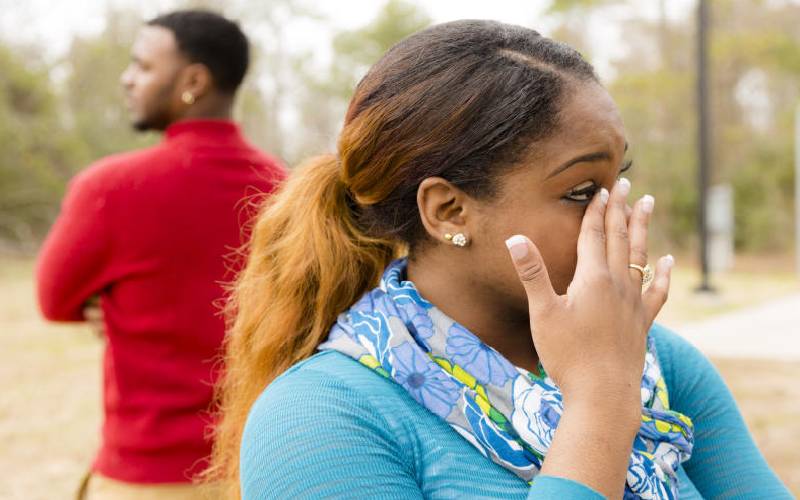×
The Standard e-Paper
Stay Informed, Even Offline

Recently, Kenyans were left dazed by the admission of the respected Hollywood celebrity couple of Will Smith and Jada Pinket-Smith, who have been married for 23 years, that they are in an open relationship.